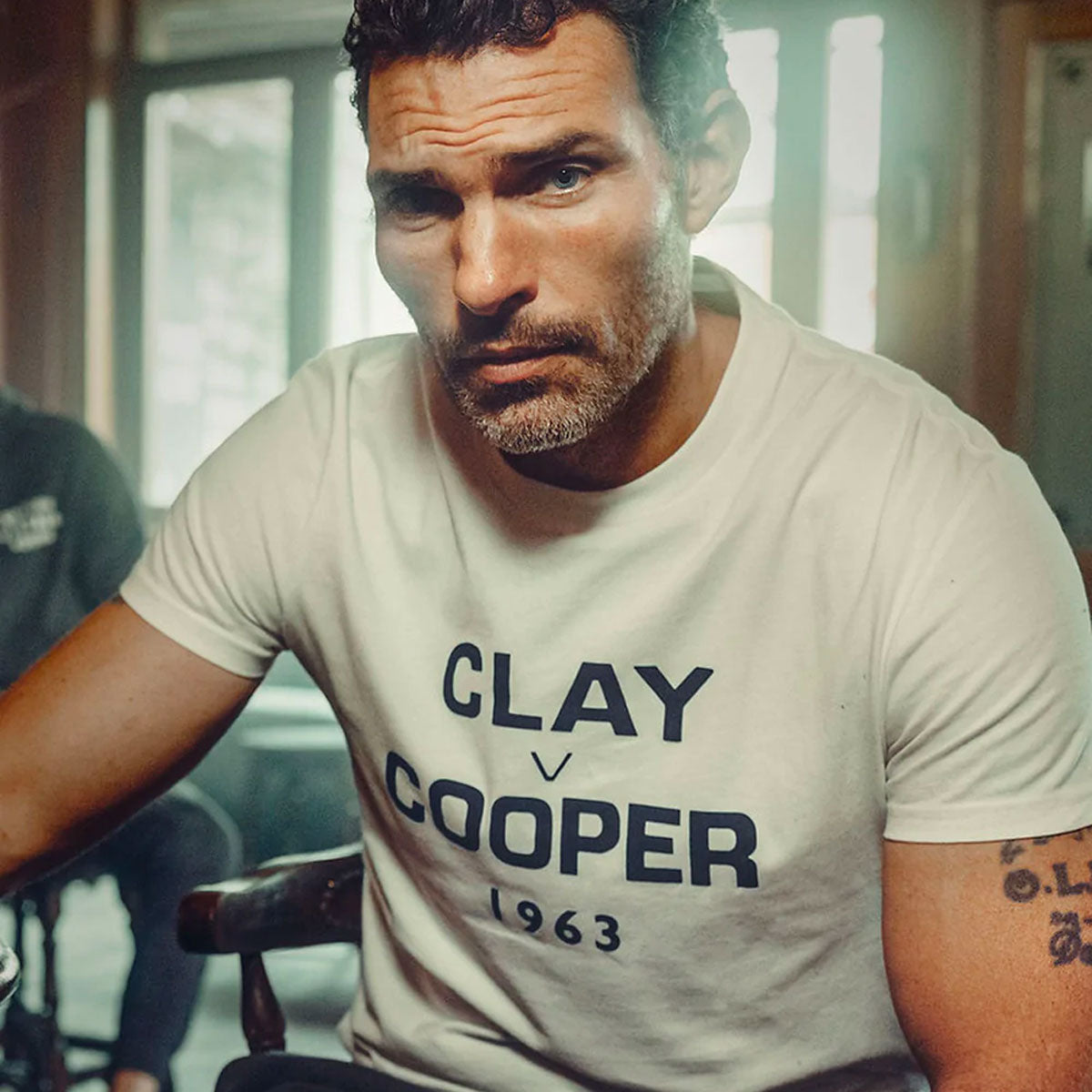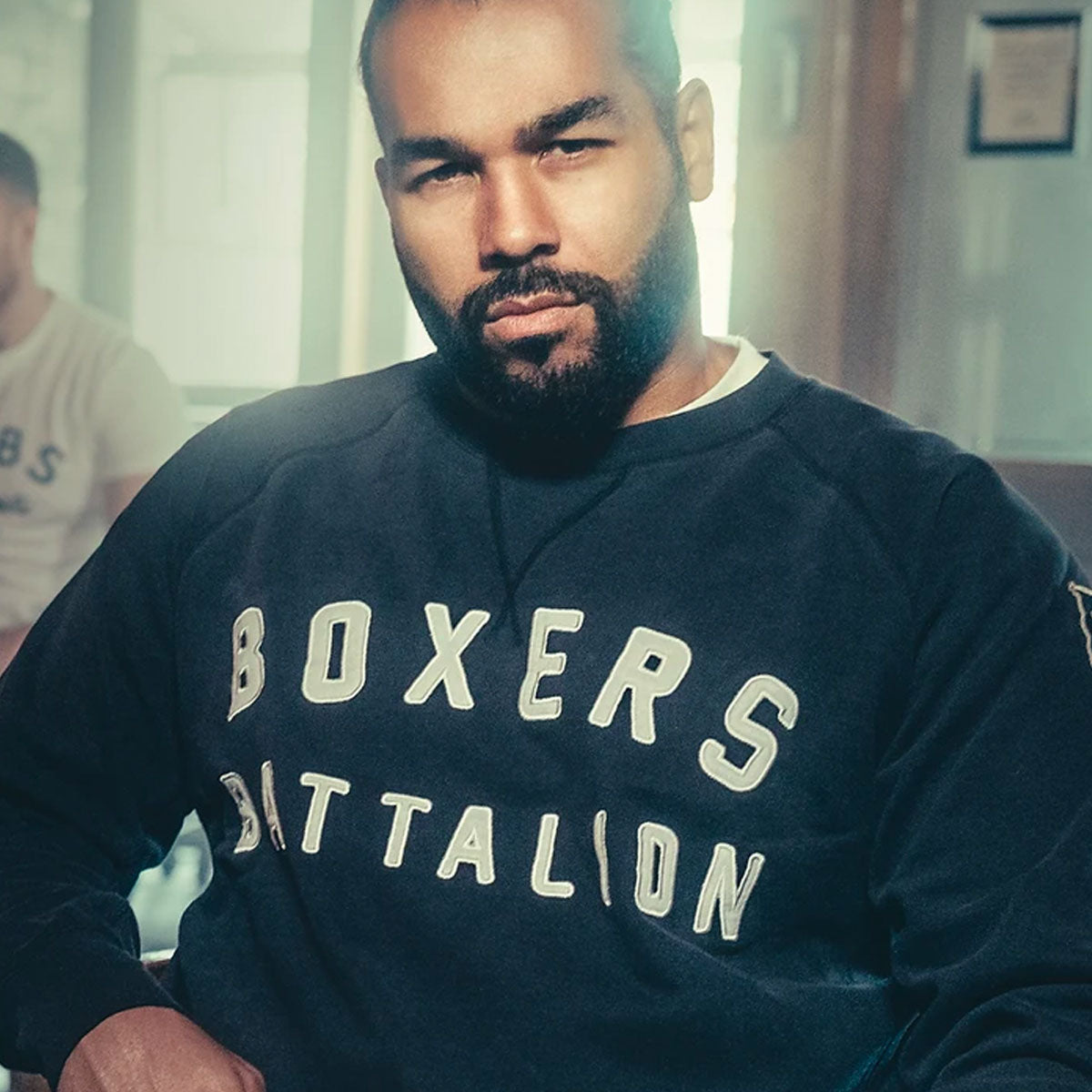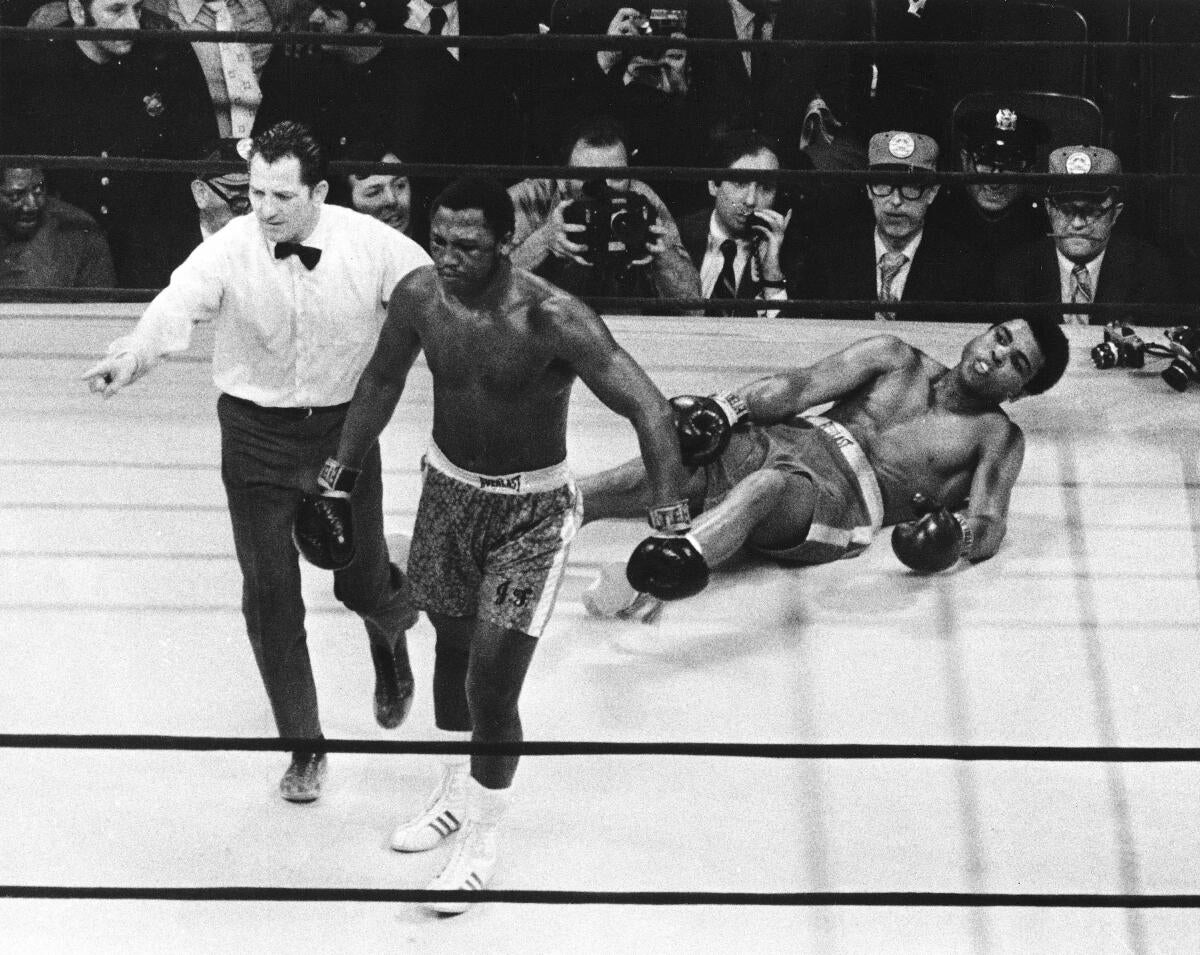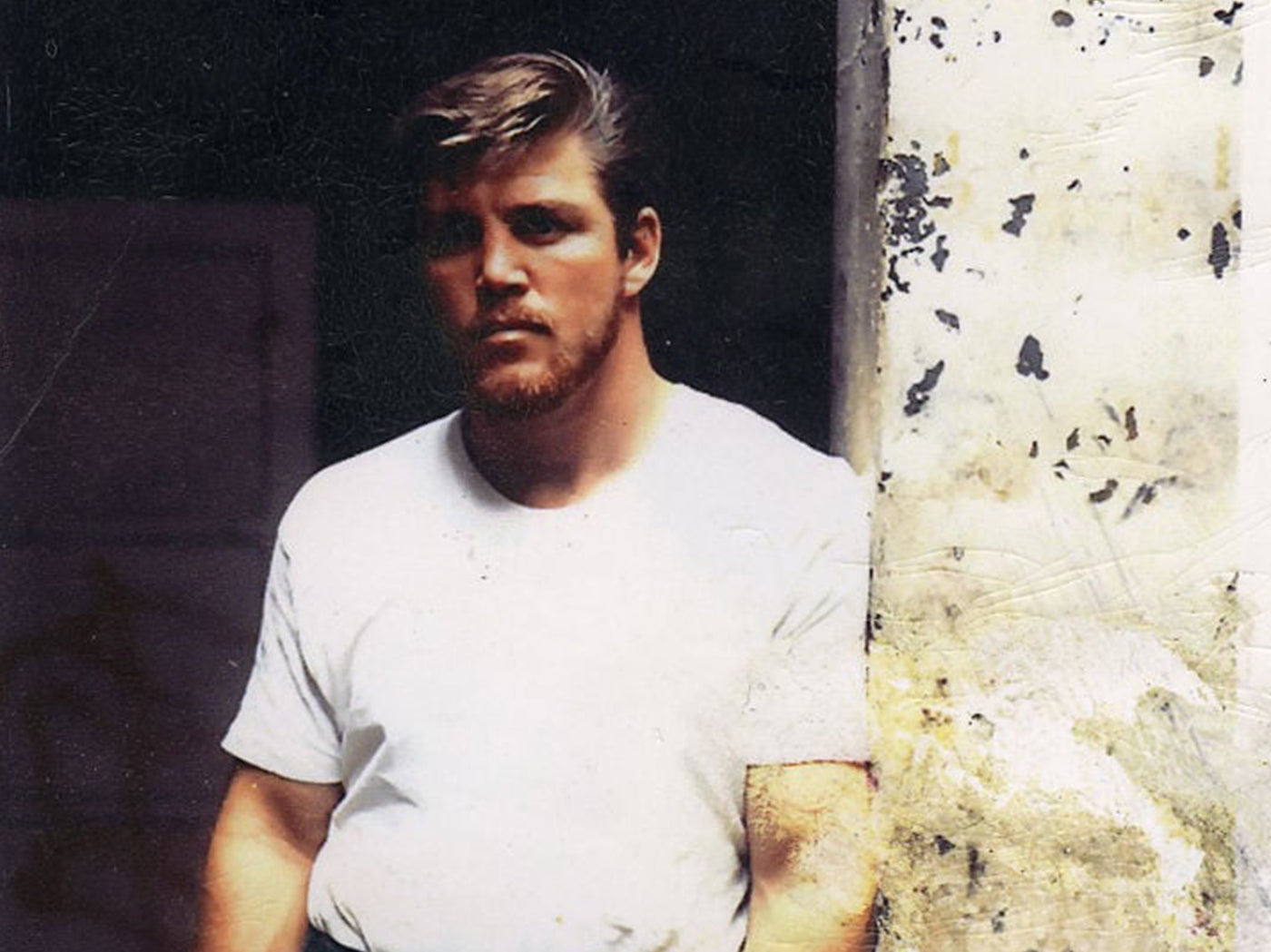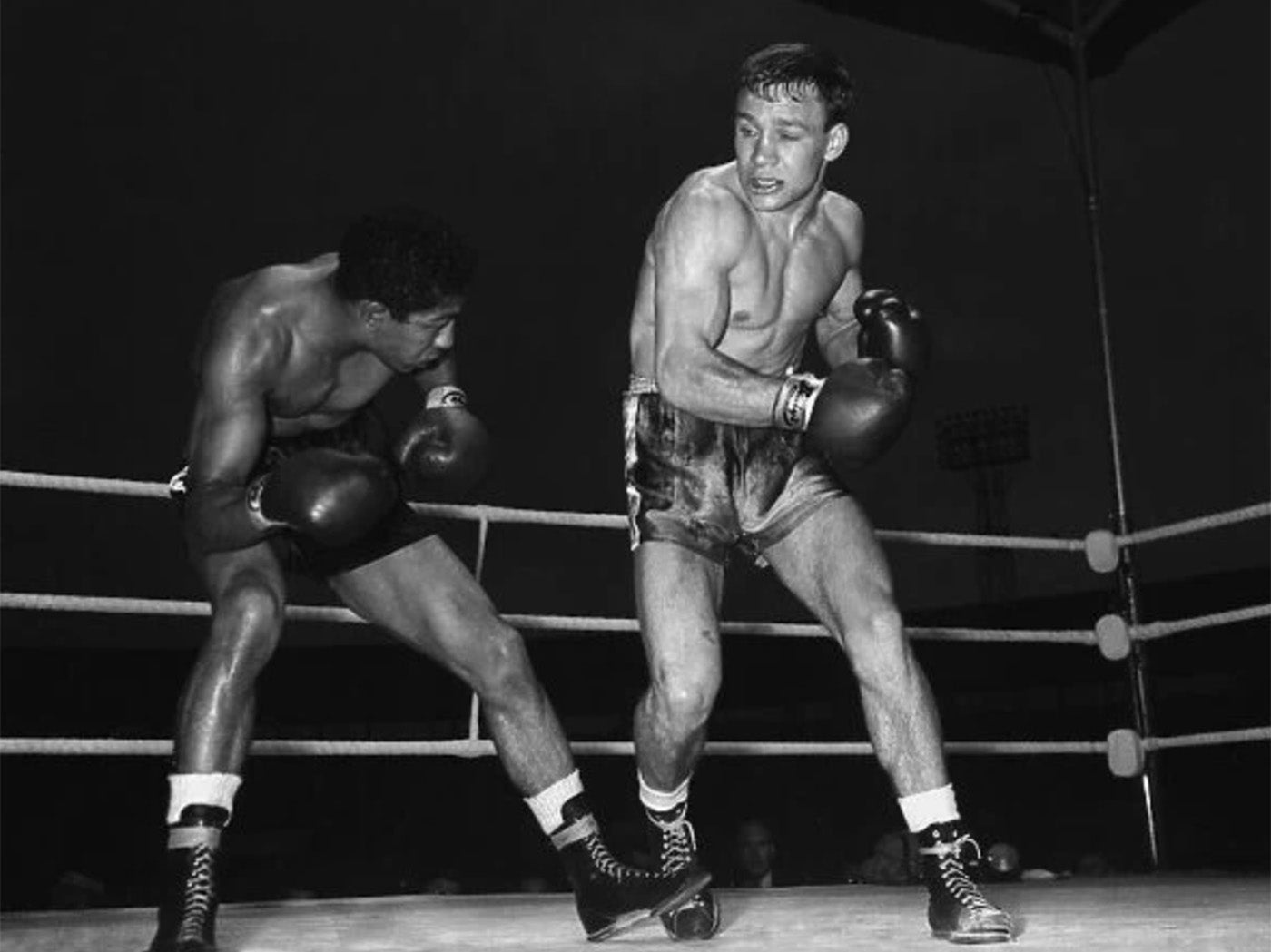
I propose that there seems to be a law of nature, especially in sport, that for every great, there is a rival without whom the greatest would not have been as great and for whom, were it not for the other, they themselves could have been the greatest.
Within the history of boxing and from the golden age of the heavyweight division, namely the 1970s, the prime example of this is the rivalry between Muhammad Ali and Joe Frazier.
Their careers had a degree of parallelism to them; they would both become Olympic heavyweight gold medalists (Ali, Rome 1960 & Frazier, Tokyo 1964 respectively) and both would be undisputed world heavyweight champions (1964 & 1970 respectively). They would also face each other a total of three times in what are often considered to be the greatest series of bouts ever witnessed in the sport.
Very few would disagree that Ali would be the greatest heavyweight boxer of all time, definitely not Ali himself, but for Frazier to be his defining rival? While not belittling this claim, I believe that Frazier's whole career when combined with the trio of bouts against Ali bring the weight of history to bear on Frazier's behalf.
Born 17 January 1944, Joseph Frazier was one of 13 children growing up on the family farm in Beaumont, South Carolina, where early life would consist of hard work at both school and in the fields.
Having no academic gifts to draw upon and the demands of an agricultural upbringing to fulfil, Frazier would find his way to boxing through the newly available medium of television, where the nascent broadcasters would show live bouts late at night. This would give the young man an interest beyond the routine and chores, inspiring him to practice on a home-made punchbag where he would start to nurture his trademark left hook.
Moving north to New York at the age of 15 to live with his brother Terry, Frazier ended up settling in Philadelphia, where his presence is still immortalized to this very day. Within four years he earned a reputation as one of the foremost amateur boxers in the United States, winning the Golden Glove championships every year between 1962 and 1964 inclusive, culminating with victory at the Tokyo Olympics in 1964.
 Joe Frazier taking gold at the Olympics
Joe Frazier taking gold at the Olympics
The same year Frazier was standing on the podium, Ali became the world heavyweight champion. However, court controversy ensued three years later, after Ali refused to enlist as part of the Vietnam War Draft, an action which would ultimately cost him the affection of the public, his world championship titles and subject him to a three year ban from the sport. Frazier on the other hand launched into a professional career and remained undefeated against the likes of Buster Mathis, Jerry Quarry and George Chuvalo, before going on to defeat Jimmy Ellis by TKO in five rounds at Madison Square Garden in 1970 to finally become the undisputed Heavyweight champion, unifying the disparate belts, including those left vacant by Ali's enforced relinquishment.
 Frazier vs Ellis 1970
Frazier vs Ellis 1970
At this point, the careers of Ali and Frazier would intersect for the first time during March 1971, at what was billed ‘The Fight of the Century,' held at Madison Square Garden, New York. This would be an event that attracted attention from the mainstream, not only drawing in celebrities such as Frank Sinatra, Diana Ross, Woody Allen and a trio of Apollo astronauts, but it was so popular that it would be shown across the country via Closed-Circuit TV - a very early example of pay-per-view.
This attraction was amplified by the fact it was the collision of two worlds, each with their standard bearer. The Vietnam War was still ongoing and grinding down America's youth, making Ali's refusal to serve his country an open sore for the typical American. In one corner, the majority of the population were standing with Frazier; God fearing Christian & all-American, a point recognised by Ali who referred to him with the derogatory term ‘Uncle Tom,’ whilst in the other corner stood those from the burgeoning counter-culture with Ali; draft-refuser, Muslim convert and activist.
It would be hard to believe that Frazier was even the narrow favourite going into the fight, with both defending unbeaten records, given our historic view of the pair, but that was indeed the case with Frazier being 6/5 on.
The fight itself has generated millions of published words and many thousand miles of footage, including entire books and motion pictures, a reflection of the public interest before and after, so, I won't add too many more.
There were 15 rounds of combat with the pendulum of victory swinging both ways along with the punches; Ali jabbing to win some early rounds, Frazier countering with his left hook to win others and so it came down to the final two rounds.
After growing momentum in the penultimate round, Ali came out for the fifteenth and final round……. and then it happened. A single left hook took Ali to the canvas and even though he made it to his feet, the points were cast by the judges and Frazier was victorious by unanimous decision, with his unbeaten record intact.
 Frazier vs Ali 1971
Frazier vs Ali 1971
Their second meeting would be January 1974, once again at Madison Square Garden. This would turn out to be a battle of pride, as Frazier had lost his undisputed title in January 1973 against George Foreman, who had pulverised him within five minutes, forcing Frazier to hit the canvas six times. And yet, with only pride on the line, the public attention and enthusiasm was unbridled. This was the re-match they'd been waiting almost three years for, to see these two men as opponents in the ring once more. It is to be noted that the actual undisputed heavyweight champion of the world, George Foreman, was relegated to the role of quiet observer in the crowd.
As in the first contest, the rounds would be traded just like the punches, Ali taking one and Frazier countering with the next. There is a point to be made however, had the referee not mistakenly ended the second round early when he thought he heard the bell, Ali, who had just connected with a devastating right could have finished the match there and then. However, Frazier came out of his corner for the following round and met Ali with a punch that would have flattened any other fighter – somehow, Ali managed to absorb it. The eventual result to this hard fought contest would be a points victory to Ali, reversing the result of the first match and leaving both fighters with a victory apiece.
The fighters, the sport and indeed the world could not have left it there and so the third and final bout, would take place in October 1975. In a move that is commonplace in the modern era, the fight went to where the purse was the greatest, which culminated in this final confrontation being held in the Philippines, a contest which became engraved in history as the 'Thrilla in Manilla.' It is perhaps fitting that this third meeting would also come to be regarded as the greatest.

'The Thrilla in Manilla' 1975
In the energy sapping humidity of Manila, Ali and Frazier would face-off in a brutal match that would keep the audience, both in person and worldwide, transfixed as they slogged it out, exchanging punch for punch once more until they were at the edge of exhaustion. As the fifteenth round approached, the fighters had fought to a standstill and both corners were concerned for their charges - it was not in the vocabulary of either Frazier or Ali to concede.
So, it came to pass that the greatest fight, the culmination of this greatest rivalry would be decided not by a punch but a matter of timing. It was Frazier's corner who threw in the towel first, just beating Ali’s corner who were of the same disposition, giving a victory to Ali by way of a fourteenth round TKO to settle the rivalry 2-1 in favour of Ali.

These three fights had raised Ali's profile from great to greatest, placing him on the top step of history's podium and yet without Frazier they would never have happened. Still not convinced? Perhaps in the end, the question of his greatest rival can only be answered by the greatest himself...
‘Of all the men I fought in boxing...
the toughest was Joe Frazier.’ - Muhammed Ali


